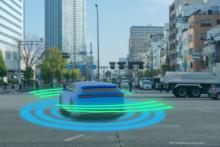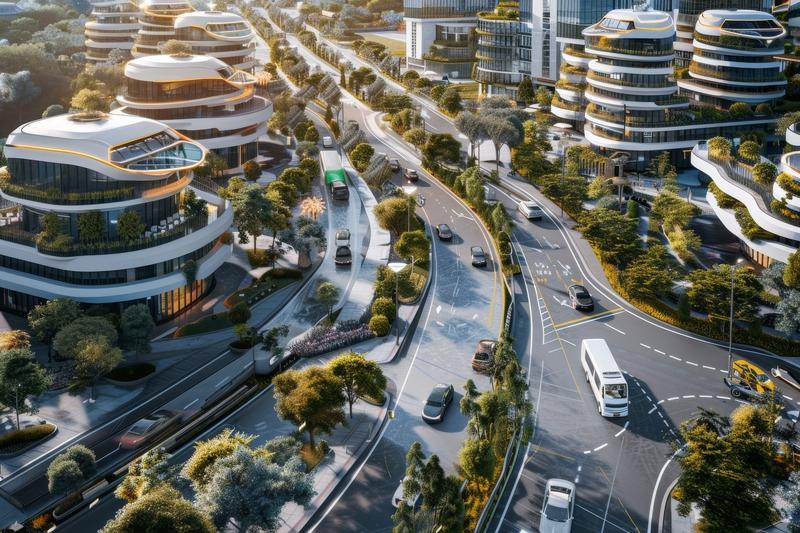
Safety, sustainability, smart tech and openness are the key tenets of ITS America's new three-year strategic plan.
"Safer. Greener. Smarter. For all" is the organisation's new vision, explained ITS America president & CEO Laura Chace.
This is strongly in tune with Chace's message at the ITS World Congress 2022 in Los Angeles, when she urged delegates to place a greater emphasis on including voices which are often not heard when it comes to planning ITS solutions.
“Who is missing from this conversation? Who do we need to bring in to this work?” she said back in September at the opening ceremony.
Launching the new vision this week, Chace said: “As the ITS and tech industries continue to transform and shift, we needed to put together a plan of action for widescale deployment that reflects community values around access and opportunity."
“As the country’s leading voice for the deployment of transportation technology, we refreshed our vision to reflect how technology can transform safety, sustainability, opportunity, and access for all. We can only make the world safer, greener and smarter if we are making transportation technology and innovation accessible to all communities.”
ITS technologies are ready for scaled deployment, the organisation says, and there is a need to educate and engage communities to leverage existing opportunities.
There are opportunities through the Infrastructure Investment and Jobs Act (IIJA) "to ensure technology benefits communities across the country from rural America to urban centre", ITS America concludes.
What is ITS America's 2023-2026 Strategic Plan?
Vision: A better future transformed by transportation technology and innovation.
Safer. Greener. Smarter. For all.
Mission: To be the leading voice advocating for the scaled deployment of innovative transportation
technology through policy, thought leadership, and developing a diverse workforce.
Guiding Principles
1. Focus on the user
2. Reimagine how we think about safety
3. Cultivate sustainability and resiliency
4. Champion equity, diversity, and inclusion in transportation and the workforce
5. Promote access and opportunity
6. Educate, engage, and convene stakeholders to listen and build consensus












